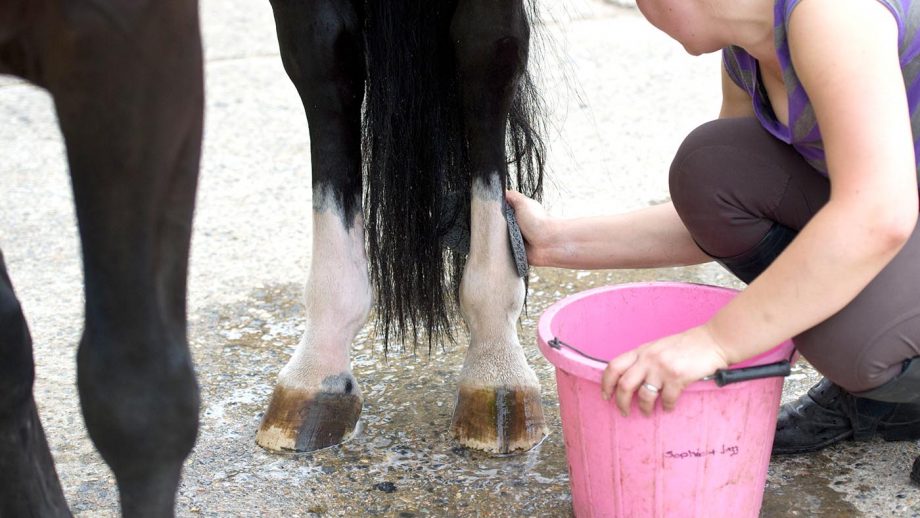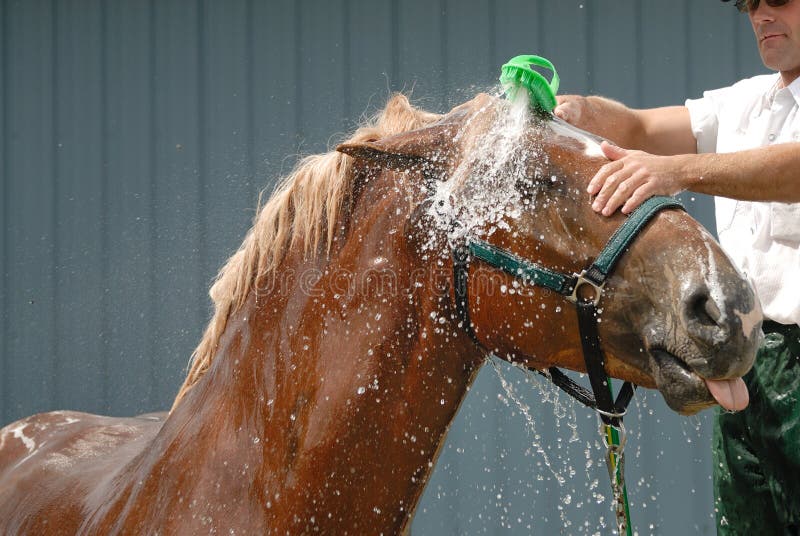For many horse owners, witnessing their beloved animal chewing on the bit can be puzzling. Why does my horse chew on the bit? This is a question that echoes through the minds of equestrians new and seasoned alike. Whether you’re a seasoned rider or someone just beginning their equestrian journey, understanding this behavior is crucial for the well-being of your horse.

1. The Nature of Bit Chewing
Chewing on the bit can be categorized into various behaviors, including biting, playing, or mouthing the bit. It’s essential to recognize that each horse is unique, and their reasons for this behavior can vary.
2. Comfort and Fit
A poorly fitting bit can cause discomfort, prompting your horse to chew as a mechanism to alleviate the irritation. Ensuring the right fit is crucial and might solve a significant part of the problem.
Choosing the Right Bit
The type and fit of the bit play a vital role in your horse’s comfort. A visit to a knowledgeable equestrian equipment specialist can help guide you in selecting the best bit for your horse.
3. Behavioral Reasons
Sometimes, bit chewing is a sign of stress or anxiety. Horses, like humans, can have nervous habits. Shifts in their environment or routine can trigger such behaviors.
4. Training Issues
Another possible reason for bit chewing is inadequate training. Horses might chew to voice discomfort with instructions or if they’re confused by the cues they are receiving.
Effective Training
Consistent and patient training can often alleviate these issues. Advanced training clinics can be an invaluable resource.
5. Health Considerations
Your horse might chew on the bit due to dental issues or mouth pain. Regular dental check-ups are essential to ensure optimals health.
6. Curiosity and Play
In some cases, horses chew on their bit simply because they’re playful or curious creatures. Distinguishing this harmless behavior from problematic chewing is vital.
7. Managing the Chewing
Once you’ve identified why your horse chews, you can take steps to manage or change this behavior, starting with checking the bit’s comfort and suitability.
Regular Check-Ups
Ensure to schedule regular checks, and don’t forget to maintain your riding gear for optimal longevity and performance. Learn more about maintaining your riding gear.
8. Expert Advice
It can be beneficial to consult with a behaviorist or trainer who specializes in equine behavior for advice tailored to your specific situation.

FAQ Section
Q1: Can bit chewing harm my horse’s mouth?
It can, if prolonged and aggressive. Frequent dental checks are advisable.
Q2: Should I switch out my horse’s bit?
If you’ve ruled out behavioral issues and discomfort persists, it might be time to consider a different bit.
Q3: Is chewing on the bit always a sign of discomfort?
Not always. It can sometimes be a sign of playfulness or habit.
By understanding why does my horse chew on the bit, equestrians can enhance the quality of their horse’s life and their own horse riding experience. It’s all about understanding the unique needs and behaviors of these majestic animals.








